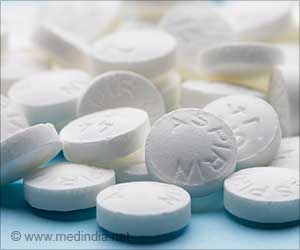Pulse rate can predict chances of heart attack in women, says a study in the British Medical Journal.
Pulse rate can predict chances of heart attack in women, says a study in the British Medical Journal.
US researchers found that those with the highest heart rates were significantly more likely to suffer a heart attack than the women with the lowest rates.Previous studies have shown that resting heart rate predicts coronary events in men.
The researchers from the pharmaceutical company, AstraZeneca, said the strength of this association "might be large enough to be clinically meaningful."
They assessed women over the age of 50 and enrolled in the Women's Health Initiative who were involved in four randomised trials and an observational study from 1993 to 1998. They looked at the records of around 129,000 postmenopausal women who had no history of heart problems.
They followed them up for about seven years and found that the women suffered 2,281 fatal or non-fatal heart attacks and 1,877 strokes.
Women with the fastest resting heart rates of more than 76 beats per minute were 1.6 times as likely to suffer a coronary event compared with those with the lowest resting heart rates below 62 beats per minute.
Advertisement
However, the association was weaker than that with cigarettes and diabetes.
The women with the lowest resting heart rates were more active but also drank more alcohol than the others.
Professor Peter Weissberg, medical director of the British Heart Foundation, said: "It adds heart rate to the numerous other risk factors known to influence the chances of having a heart attack.
"One's heart rate changes minute by minute in response to things like activity and emotion, so people shouldn't automatically assume that if their heart rate happens to be high at a particular time it is putting them at risk of a heart attack."
Dr Tim Chico, consultant cardiologist at the University of Sheffield, said: "We all need to pay more attention to things we can do in our lifestyle to lower our risk of heart disease."
Source-Medindia
GPL/L














